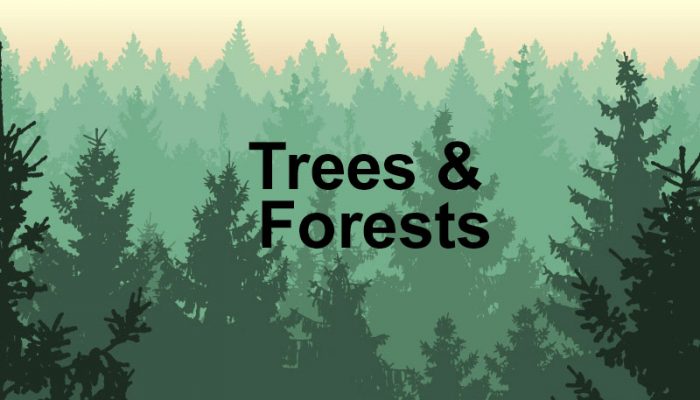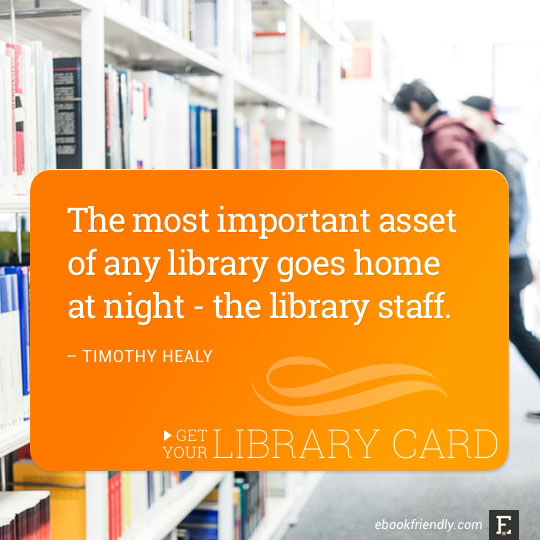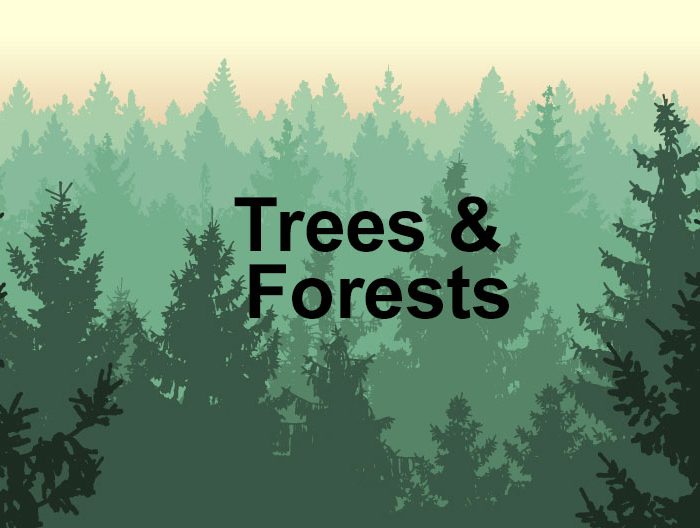COVID-19 has definitely created new access needs. Unfortunately, not everyone has a well-equipped home office that comes with internet access, which is where the public library can help.

Why Do We Do What We Do?
Like everything else in the library world, library jobs have changed considerably in recent years. One just has to look at the SOLS competencies to become completely overwhelmed and overcome with a feeling of inadequacy (I am speaking for myself about the CEO Sample Profile).
At the Haliburton County Public Library we have relied heavily on the SOLS Sample Profiles for both pay equity and job re-evaluation. Just skim the twenty eight pages of the Branch Library Assistant profile to understand how intricate library jobs really are.
It is my belief that the front-line library worker has seen the biggest changes of all of us. They no longer only connect people to books, but they have become the compassionate watch dogs of the community.

I was at a Chamber of Commerce breakfast recently and an attendee was telling me about one of our Library staff who was able to help connect her to gambling addiction books when she had a child in need. She said she went into the branch not even knowing how to ask for what she wanted, and yet she came out of the Library with what she needed with no judgement. She has since recommended the books to others and she felt strongly enough about the experience to tell me about it years later.
No, we are not social workers, but as library workers we have all committed to caring for and building our communities.
There are times when people’s needs are beyond our scope; at those times we call an ambulance, the police, or a community group as the situation requires. We have an active relationship with the different organizations that care for people in our community. These organizations keep us informed, and regularly attend our staff training exercises.
Library jobs are not glamorous jobs, nor can they really be considered high paying. Why would someone equip themselves with a Master of Library and Information Science degree, a Library and Information Technician diploma, or in our case and in many rural communities, an Excel Certificate in Managing a Small Public Library, and subsequently work in a public library?
The conclusion I’ve come to is because they really want to help people. They want to help in numerous ways but primarily by facilitating equal access to information, technology, and space.
Not only are we now expecting front-line staff to have twenty eight pages of competencies, have some kind of professional designation, and usually begin their careers in less than stable circumstances; we also expect them to be conscious of the social and emotional needs of the community so they can react empathetically to any situation that arises.
Every time I hear the suggestion that we could save money by running libraries with volunteers, I think about all the things the front-line staff do and the skills they have acquired through formal education and by doing the job. This might be a feminist issue since the front-line library workers in Haliburton County are women and are part-time. We are not that much different than other libraries as to our make-up and it saddens me that work done primarily by women, no matter how skilled, is still not valued even in 2016.
If public libraries are to represent good employers who attract dedicated and caring staff, we as a collective need to continue to fight for equality of pay, and encourage the creation of stable jobs.
Currently, it is hard to imagine how we are able to attract staff at all. But we do, because, for some of us, this is a calling and the stories that come back prove to us that we make a difference.
Bessie Sullivan is the CEO of the Haliburton County Public Library. She can be reached at bsullivan [at] haliburtonlibrary.ca. Trees and Forests is a column about library issues and ideas.
